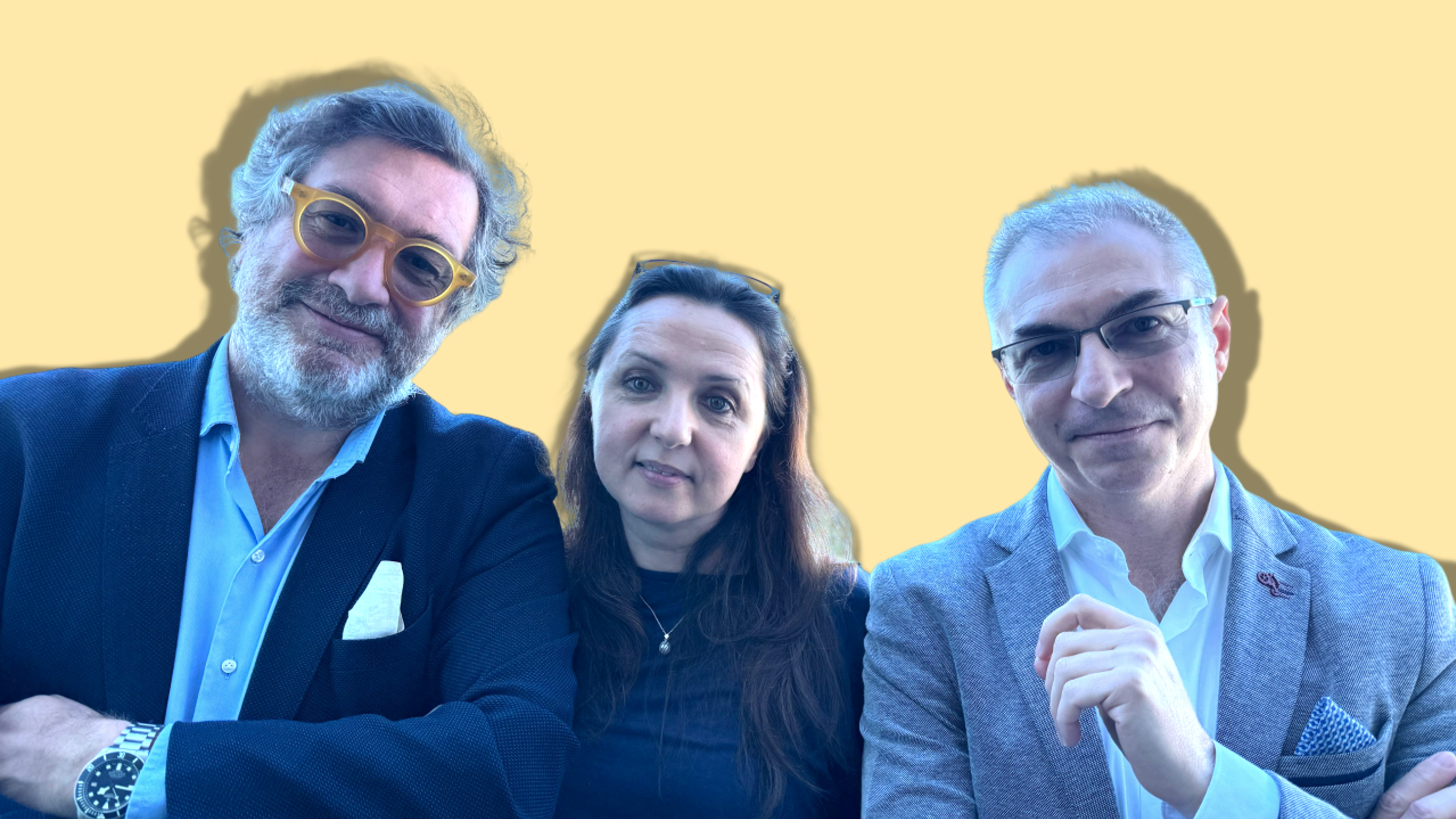MAELSTROM Flash Interview #7 | Sustainability and innovation: Q&A with ISDI

MAELSTROM’s partner ISDI Group is a consultancy company based in Malta that provides a wide range of professional services in the Mediterranean basin and overseas. Through a multifaceted approach encompassing collaboration with international consortia, consultancy services for private enterprises, and active participation in EU-funded projects, ISDI Group has carved a niche for itself in driving environmental sustainability, gender equality, and educational advancement in specialized tourism.
In this final year of our project, ISDI activities focus on advancing sustainable marine litter management practices. Through collaborations with innovative startups and academic institutions, ISDI aims to develop cutting-edge biomaterial prototypes while spearheading clean-up initiatives to bolster community engagement and academic partnerships.
In this MAELSTROM’s Flash Interview, we delve into ISDI’s founding principles, its pivotal role within MAELSTROM, innovative approaches to recycling marine litter, and its strategic focus for the project’s final year.
When was ISDI Group founded and what does it specialize in?
Founded in 2017 by a diverse team of partners, ISDI Group has become a pivotal force in sustainable global solutions, engaging with international consortia on EU-funded projects and offering consultancy to private companies on sustainability. Apart from MAELSTROM, ISDI Group actively contributes to the WINBLUE project, focusing on empowering women in the business and research sectors and the GEOTOURS GUIDES project. The latter aims to enhance the competencies of tour guides and travel agencies in geotourism, developing a unique training package to build geotourism brands and promote thematic tourism in the region. These projects underscore ISDI Group’s dedication to environmental sustainability, gender equality, and educational advancement in specialized tourism, illustrating their broad impact across diverse sectors.
What have been your activities so far in the context of MAELSTROM?
Within the MAELSTROM project, the ISDI Group, in partnership with various stakeholders, has played a crucial role, notably co-organizing international workshops at the Venice Boat Show and actively participating in marine clean-up and monitoring initiatives. A key contribution from ISDI has been to the development and field testing of the MAELSTROM APP before its launch. Moreover, ISDI has been instrumental in advancing innovative circular economy solutions, implemented in later project phases. This holistic approach exemplifies ISDI’s commitment to environmental sustainability, emphasizing the value of collaborative work in promoting circular economy practices and marine conservation.
How do you work on recycling, or in other words, what ‘new life’ do you offer to the recovered plastic?
ISDI Group, in strategic partnership with VLPF and GEES, has taken a significant step towards repurposing marine litter by focusing on its potential to be transformed into valuable resources. This initiative involves a meticulous process of identifying and collecting data on possible applications for marine litter, with a special emphasis on blending it with other organic compounds currently classified as marine waste. This innovative approach aims to develop new, sustainable biomaterials through careful mixing, resulting in products that are both environmentally friendly and low-impact. These materials are primarily targeted at the burgeoning fields of bio-construction and bio-architecture, representing a novel and sustainable application of recycled marine waste. By pioneering these efforts, ISDI Group demonstrates a profound commitment to environmental sustainability, pushing the boundaries of traditional recycling to embrace circular economy principles and contribute to the development of green building solutions.
What will you focus on in this final year of the project?
In this final project year, ISDI Group is deepening its commitment to sustainable marine waste management by fostering systematic collaborations with innovative startups like Biochica, which specializes in the valorization of aquatic and marine ecosystem waste. This collaboration aims to develop a sustainable biomaterial prototype for green design and architecture, utilizing chitosan/chitin-based compounds from local Blue Crab. ISDI, alongside GEES, VLPF, and Biochica, will focus on blending marine litter with these bio-based compounds, enhancing the project’s environmental impact.
Furthermore, the upcoming project meeting organized by ISDI in collaboration with the University of Malta and local NGOs, scheduled for March in Malta, will include a significant clean-up initiative. This effort not only showcases ISDI’s dedication to practical environmental action but also strengthens community engagement and academic partnerships, reinforcing the project’s holistic approach to sustainable development and marine conservation.